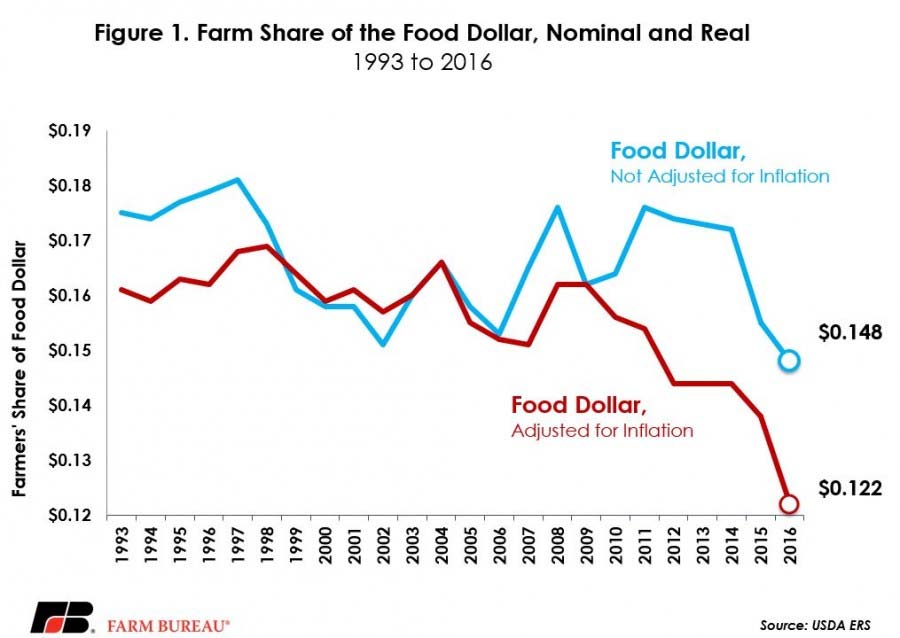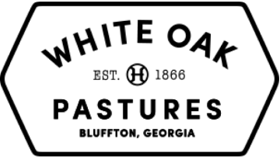If most consumers knew what I know, they would buy their food directly from a farm.
There are a lot of good reasons to know where your food comes from. The most obvious is that its not a good idea to put anything in your mouth unless you know where it has been.
There are also health, safety, and nutritional concerns. Consumers understand these, and they are certainly important, but there is another whole dimension that I don't think most consumers have contemplated: Consumers literally shape the world with their food dollars.
Michael Pollan said,
“Eating is an agricultural act," Wendell Berry famously wrote, by which he meant that we are not just passive consumers of food but cocreators of the systems that feed us. Depending on how we spend them, our food dollars can either go to support a food industry devoted to quantity and convenience and "value" or they can nourish a food chain organized around values--values like quality and health. Yes, shopping this way takes more money and effort, but as soon as you begin to treat that expenditure not just as shopping but also as a kind of vote--a vote for health in the largest sense--food no longer seems like the smartest place to economize.”
Consumers can choose a system that raises and slaughters animals humanely and allows the animals the opportunity to express their instinctive behavior. Or, they can support a very different commodity-driven system.
Consumers can choose to have our land, water, and air managed in a regenerative way that contributes to repairing the damage inflicted on the earth for the last 75 years by industrial practices. Or, they can follow the current environmental path that we are on.
Consumers can choose to bring economic prosperity back to rural American communities. They can reverse the impoverishment that has destroyed so many small towns and villages all over this country. Or, they can allow the continued economic decay that centralization has brought upon us.
Did you know that farmers get less than 15 cents out of every dollar that you spend for food? More, this 15 cents might be going to a farm that is in China, Russia, Argentina, or many other countries. [I think that most Americans want good animal welfare and good land management and fair dealings all over the world... but maybe we should get this accomplished at home first?]
The other 85+ cents that you pay goes for freight, marketing, shareholder profits, and all the other expenses of operating the multinational corporations that provide most of our food. Our Industrialized, Commoditized, and Centralized food production system is clearly failing our land, our animals, and our rural communities. I think that it may be failing the consumer, too.
You know what? There is a way to have 100 cents of your food dollar go to support how YOU want the world to be. Buy directly from your farmer at the farmer's market. Take a field trip to a farm that has an on-farm store. Order from a farm that sells online for home delivery. Choose a system that you feel good about supporting.
The Americans who are producing our food are ill served by our current system. I think that the Americans that are eating [and paying for] our food are equally ill served.
Will Harris
White Oak Pastures
Bluffton, Georgia


